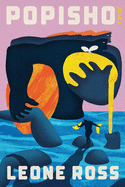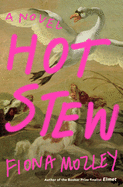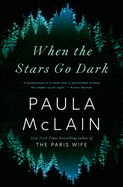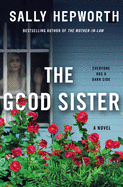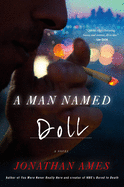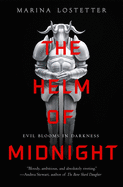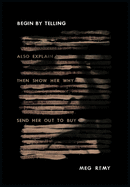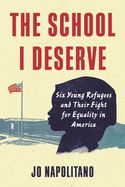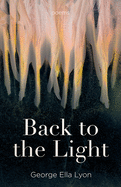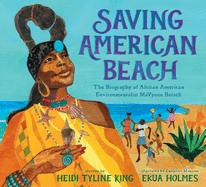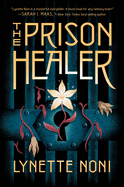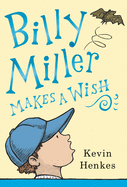 |
| photo: Emma McIntyre |
Meg Remy is an artist and performer across genres and borders, releasing music and art both in the United States and Canada. The frontperson for the indie pop band U.S. Girls, Remy also directs music videos and creates video artwork. She has earned three Juno nominations for Best Alternative Album, and is a multimedia and collage artist as well. The essay collection Begin by Telling (Book*hug Press; reviewed below) is her first book.
Begin by Telling is a stunning debut. You tackle themes that you address in your other creative work as well, but the hybrid form of this book serves these themes in new ways, too. How did you decide on the form, and how did your experiences as a collage artist, musician and film and music video director inspire your approach to composing this memoir and the creative choices it allowed you?
The form of the book was inspired by zines, the footnoted speeches/writings of Tillie Olsen, the mosaic style of Marshall McLuhan and the desire to make a book that was free from any one form. This Hélène Cixous quote was my guide: "Free book, not subject to judgement. Absolutely non-subjugated, neither insubordinate, nor provocative. Alluring as the mystery of a child's enjoyment: internal. Wild book. Initiate of life. Written in a safe place. Before love. Room book, at the same time unlimited. So would be unbound and free. Even from being a book."
A powerful line early in Begin by Telling is, "Your story in the wrong hands can be such a cruel poker," and in an interview, you said, "My husband says I have a mania for the truth.... Along with a mania for vulnerability." How did it feel to have your story in your own hands here? In what ways does memoir require reflections on truth and vulnerability?
My story is mine, but it is interwoven with other people, the planet. It contains people/events I am related to and also people/events I have never met. It was deep work to find a tone that felt true to my experience while also acknowledging that to have a platform is a privilege and at times a danger. There is no truth. There is no definitive story. Empathy is the only way.
Tell your story but simultaneously try to hear your story as if you are someone else. Don't tell your story to try to control how you are perceived, tell your story to free yourself from caring how you are perceived. Let it all hang out!
You quote a variety of writers, experts and thinkers in and alongside your work. How did you decide whose voices and ideas to include in the book (or put another way, perhaps, whose to exclude)? If you could talk about this book on a conversation panel with any of the folks you quoted or any other current writers and artists, who would they be?
My idea for this project was to do voluntary research on things I have involuntarily experienced/been forced to deal with. Through this research I found voices/words that provided me with a courage-inducing echo assuring me, "You aren't crazy, this kind of thing has happened before," or "Other people have walked this path, it is safe, keep going."
If I were to sit with any of these writers and artists, I would not want to talk about my book! I would just want to listen to them speak on whatever topics they wanted, get a good convo brewing.
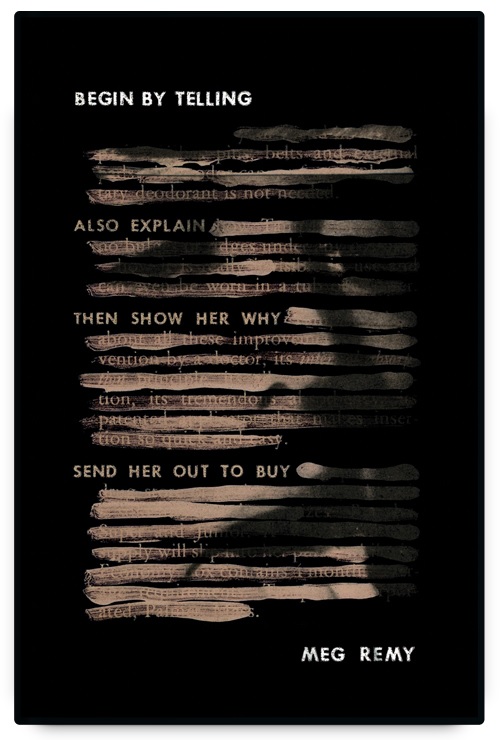 One especially vivid vignette is the script of the officers in the cockpit of the military jet that drew a penis in the sky--and alongside the script, a quote about jets' carbon footprints. What inspired this particular scene, told in this particular format?
One especially vivid vignette is the script of the officers in the cockpit of the military jet that drew a penis in the sky--and alongside the script, a quote about jets' carbon footprints. What inspired this particular scene, told in this particular format?
This actually happened. The dialogue is from a real transcript. I just put it into "movie script" form, added the directive language, etc. I included it because I was searching for a way to simply illustrate the misuse and abuse of the planet by the (mostly U.S.) military industrial complex, aka #1 Polluter. By pairing this phallic-obsessed dialogue with the math showing the footprint these jets leave on an average run, I think I made my point quite clear: we are killing our chances of survival in order to draw giant penises in the sky.
The illustrations dispersed throughout are beautiful, painful, powerful, sometimes fanciful. Can you share a bit about the artwork in the book?
My dear friend Logan T. Sibrel created the illustrations with very little input from me. I sent him the text, I told him roughly what I was looking for and he went to work. He sent back reflections of my life that I couldn't believe but had to accept. Logan is from Indiana and I am from Illinois. We are the same age, with similar spirit brains. He is the only person who could have illustrated this text. He understands that if you can get to the point where sometimes you are able to laugh at your trauma/yourself, you are gonna be alright.
What's next for you?
The eighth U.S. Girls album and parenthood (I am two weeks away from giving birth to twins).
Do you have any favorite memoirs?
Soldier: A Poet's Childhood by June Jordan; Educated by Tara Westover; The three-part autobiography of Janet Frame; Motel Chronicles by Sam Shepard.
Who are your favorite current or forever authors?
Eula Biss, Etel Adnan, Thomas Merton, Baudrillard.
What is your favorite place to write?
In my head or in conversation with a close friend.
What are your favorite ways to dismantle patriarchy?
Radical empathy. Acknowledging hard truths about myself (examples: that I have taken advantage of people in my life, that I have benefited from the suffering of others). Not trying on a million outfits, just putting something on and leaving it. Doing with less. Read and write. Notice and let go. Listen. Surrender to nature. Forgiving but not forgetting. Cry, cry, cry. --Katie Weed
Meg Remy: Begin by Telling and End with Radical Empathy
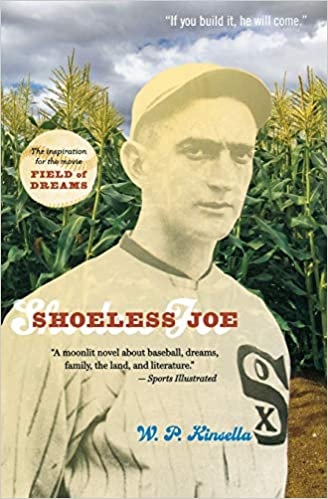 The inspiration for the Kevin Costner film Field of Dreams, W.P. Kinsella's Shoeless Joe (Mariner, $15.99) is a gem of magical realism. When Iowa farmer Ray Kinsella hears a voice emanating from his cornfield telling him, "If you build it, he will come," he sacrifices a corner of his field for a ballpark that's visited by the ghosts of Shoeless Joe Jackson and other former baseball greats. Novelist J.D. Salinger is also a character in the story, and his paean to a game that has "marked time while America has rolled by like a procession of steamrollers" is a gorgeous tribute to baseball's enduring appeal.
The inspiration for the Kevin Costner film Field of Dreams, W.P. Kinsella's Shoeless Joe (Mariner, $15.99) is a gem of magical realism. When Iowa farmer Ray Kinsella hears a voice emanating from his cornfield telling him, "If you build it, he will come," he sacrifices a corner of his field for a ballpark that's visited by the ghosts of Shoeless Joe Jackson and other former baseball greats. Novelist J.D. Salinger is also a character in the story, and his paean to a game that has "marked time while America has rolled by like a procession of steamrollers" is a gorgeous tribute to baseball's enduring appeal.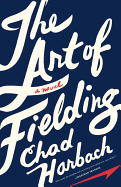 Chad Harbach's The Art of Fielding (Back Bay, $16.99) follows the fortunes of the Harpooners of tiny Westish College and their star shortstop, Henry Skrimshander, as they battle their way to the Division III national championship game. Featuring a catcher with an affinity for Stoicism, and another player who reads Kierkegaard in the dugout, along with some nods to Herman Melville, it's a big, warmhearted story that evokes the classic novels of John Irving.
Chad Harbach's The Art of Fielding (Back Bay, $16.99) follows the fortunes of the Harpooners of tiny Westish College and their star shortstop, Henry Skrimshander, as they battle their way to the Division III national championship game. Featuring a catcher with an affinity for Stoicism, and another player who reads Kierkegaard in the dugout, along with some nods to Herman Melville, it's a big, warmhearted story that evokes the classic novels of John Irving.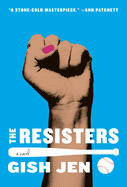 In Gish Jen's dystopian novel The Resisters (Vintage, $16.95), baseball has returned from banned status to an Official National Pastime in the mid-21st-century country now known as AutoAmerica. In this eerie surveillance state, teenager Gwen Cannon-Chastanet parlays her preternatural pitching skill into a college scholarship that may be her best hope of moving to a higher social class. --Harvey Freedenberg, freelance reviewer
In Gish Jen's dystopian novel The Resisters (Vintage, $16.95), baseball has returned from banned status to an Official National Pastime in the mid-21st-century country now known as AutoAmerica. In this eerie surveillance state, teenager Gwen Cannon-Chastanet parlays her preternatural pitching skill into a college scholarship that may be her best hope of moving to a higher social class. --Harvey Freedenberg, freelance reviewer



 One especially vivid vignette is the script of the officers in the cockpit of the military jet that drew a penis in the sky--and alongside the script, a quote about jets' carbon footprints. What inspired this particular scene, told in this particular format?
One especially vivid vignette is the script of the officers in the cockpit of the military jet that drew a penis in the sky--and alongside the script, a quote about jets' carbon footprints. What inspired this particular scene, told in this particular format?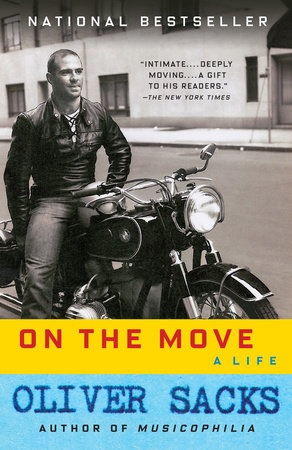 On April 9, PBS aired Oliver Sacks: His Own Life, a biography of the late author and neurologist, as part of its American Masters series. Directed by Ric Burns (younger brother of Ken Burns), the film is based on Sacks's autobiography, On the Move: A Life, which was published just months before his terminal cancer diagnosis. The film includes interviews with Paul Theroux, Bill Hayes and Atul Gawande, among many other colleagues, family and friends, plus interviews given by Sacks weeks after his diagnosis (he died in August 2015). Oliver Sacks: His Own Life explores the author's difficulties with homophobia, addiction and a medical establishment averse to his ideas until late in his career. View a preview or the entire documentary
On April 9, PBS aired Oliver Sacks: His Own Life, a biography of the late author and neurologist, as part of its American Masters series. Directed by Ric Burns (younger brother of Ken Burns), the film is based on Sacks's autobiography, On the Move: A Life, which was published just months before his terminal cancer diagnosis. The film includes interviews with Paul Theroux, Bill Hayes and Atul Gawande, among many other colleagues, family and friends, plus interviews given by Sacks weeks after his diagnosis (he died in August 2015). Oliver Sacks: His Own Life explores the author's difficulties with homophobia, addiction and a medical establishment averse to his ideas until late in his career. View a preview or the entire documentary 